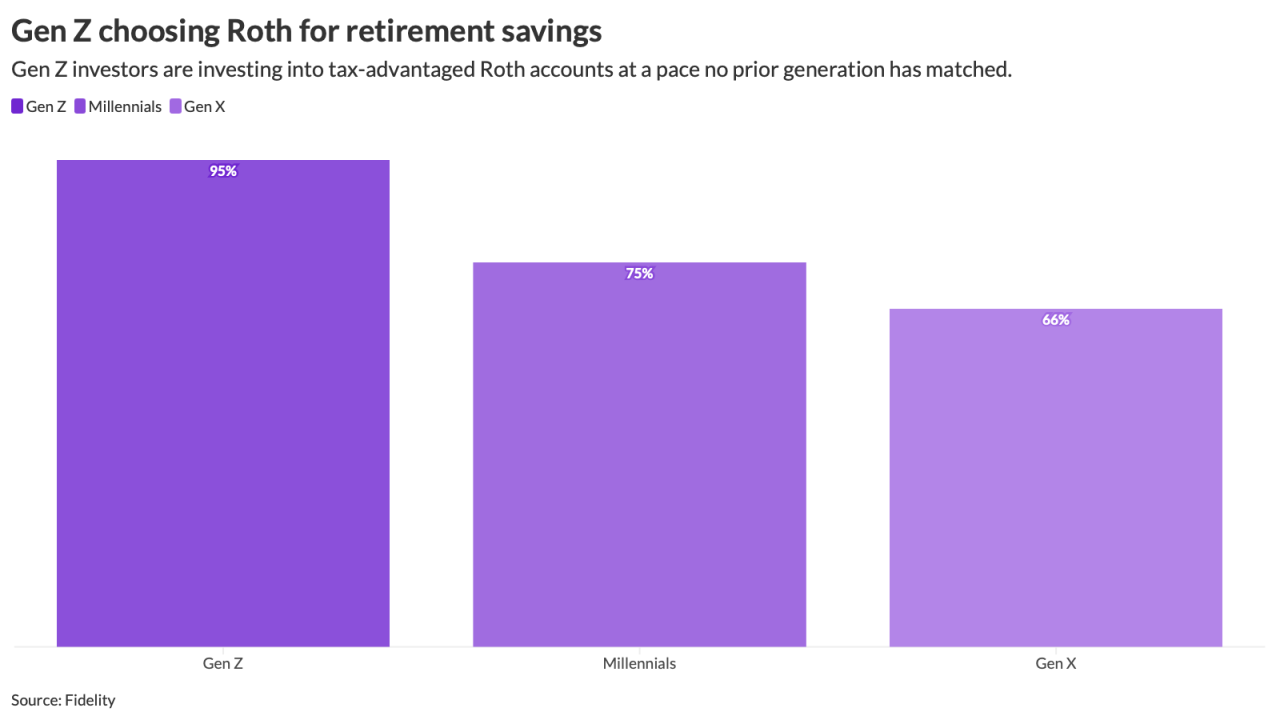A barrage of ERISA litigation in recent years has elevated “the regulatory burden of maintaining a 401(k) plan,” argues David Levine, a principal at Groom Law Group and contributing author of ERISA: A Comprehensive Guide (3rd Edition). But he believes plan sponsors and their advisers can help reverse this troubling trend if enough of them are willing to “go the distance” with these cases and eventually prevail as defendants.

Too many of these cases are settled out of court, in Levine’s view, which encourages plaintiffs to pursue more lawsuits. And while it often makes sense for defendants to settle from a business standpoint, their willingness to do so may be setting a dangerous precedent.
“The current world of litigation just seems to have gone off the rails in neglecting” the “fundamental premise of fiduciary prudence,” he wrote in a recent “Inside the Law” column for NAPA Net.
No silver bullets
There’s no silver bullet to preventing or defending against these lawsuits, Levine tells Employee Benefit Adviser, but benefit advisers can help their employer clients enhance their processes without piling up burdensome paper trails or getting boxed in by documents. “Process, not paper, is what matters,” according to Levine.
"The current world of litigation just seems to have gone off the rails in neglecting [the] fundamental premise of fiduciary prudence."
He also says that plan sponsors seeking to fulfill their fiduciary responsibilities by adopting standard practices that are in the best interest of the plan’s participants need to recognize that there is no “one-size fits all approach.” One slippery slope involves tying recordkeeping fees to plan size. He recalls, for example, how a particular lawsuit fixated on $25 a head as an appropriate price.
“That, to me, is overly simplified, and I caution people against it,” he says. “The complexity of recordkeeping fees depends on payroll codes, payroll sources, number of payrolls, type of population, level of services. It’s not all about cost.”
His advice is certainly timely, given the impending release of the Department of Labor’s new fiduciary regulations and the broad impact that this is likely to have on benefit brokers and their clients. Levine suggests that one way for advisers to respond is by tailoring their value-added services to help employers navigate the new requriements. For example, with so much attention being paid to securities compliance, developing an ERISA specialty could offer producers a competitive leg up.





